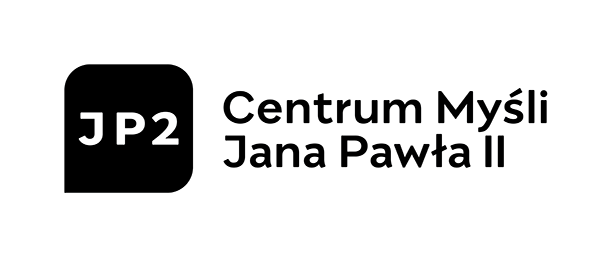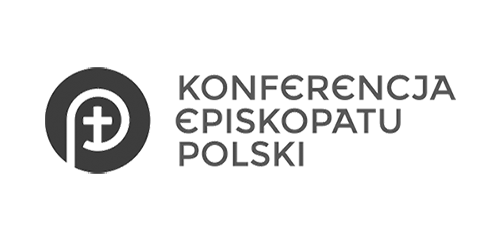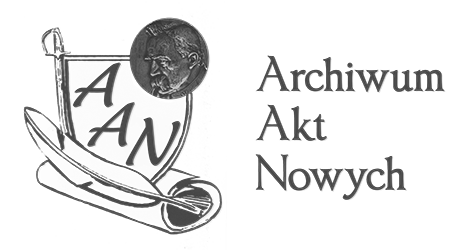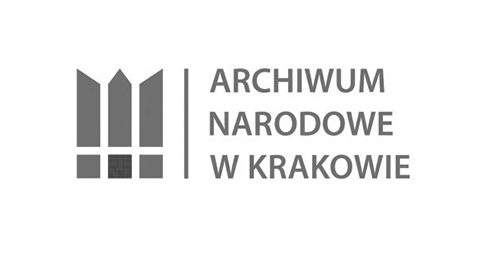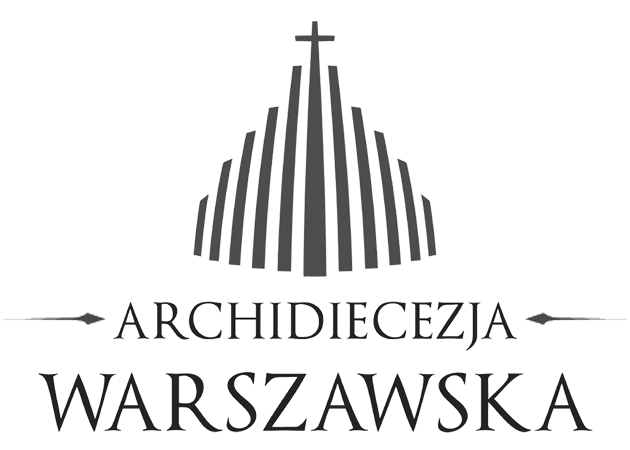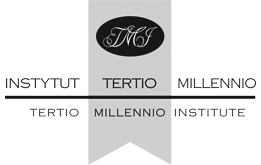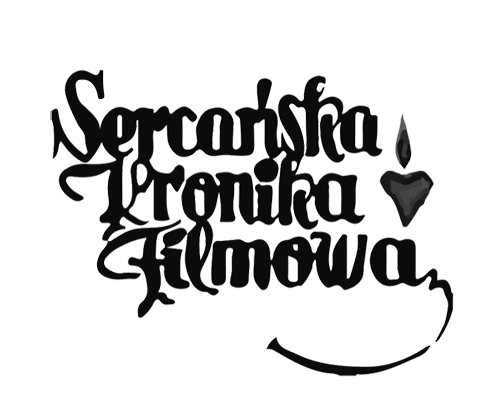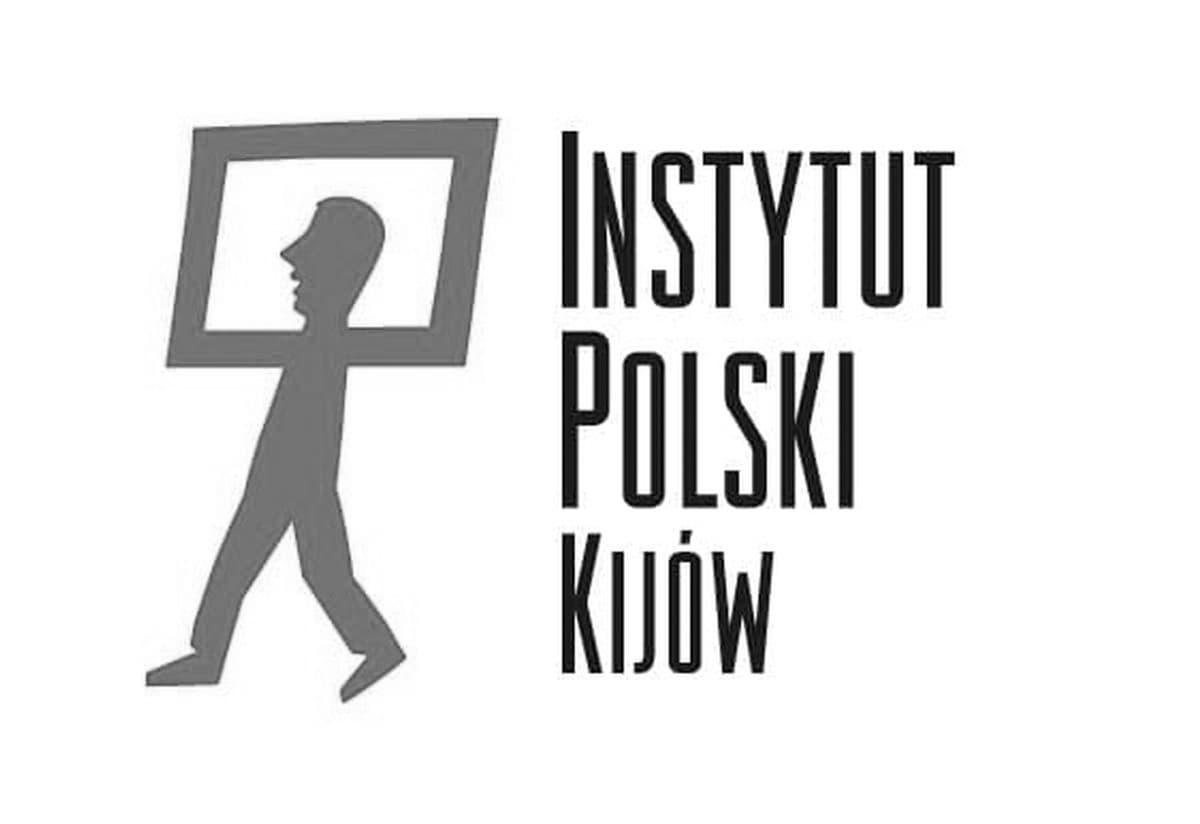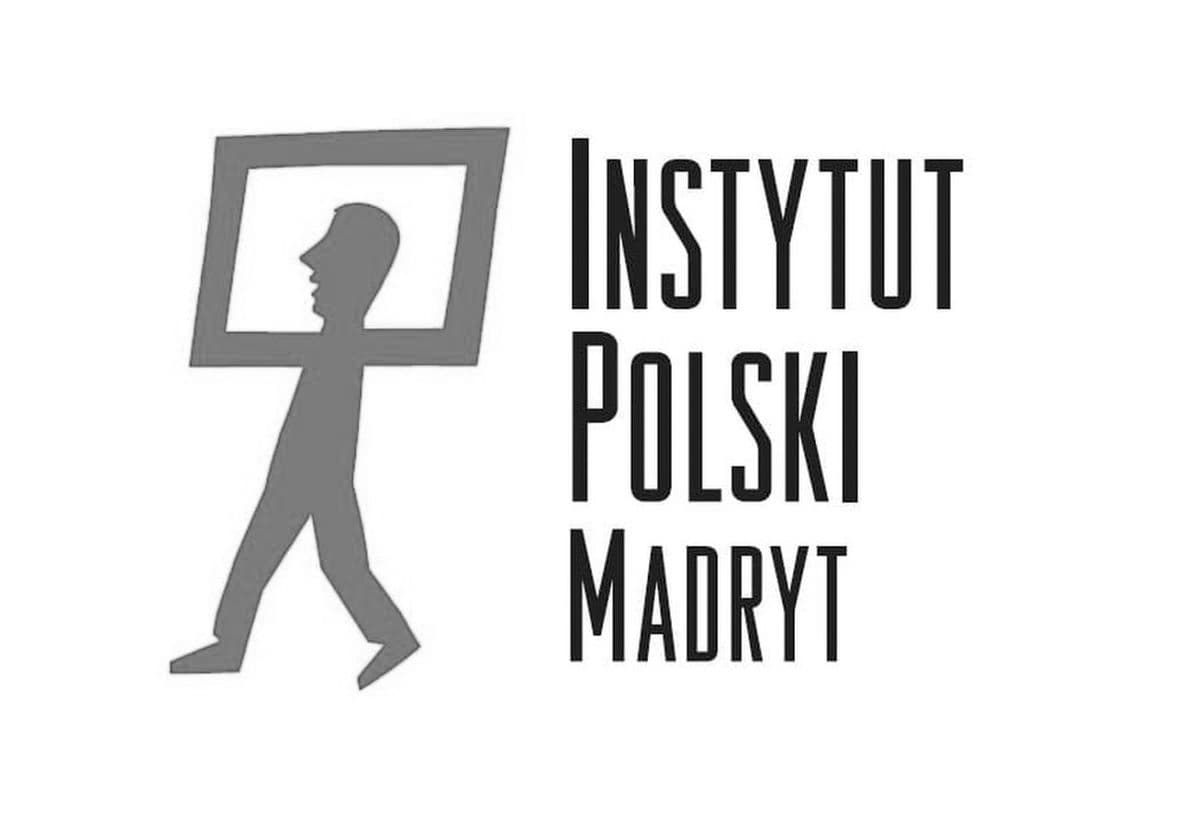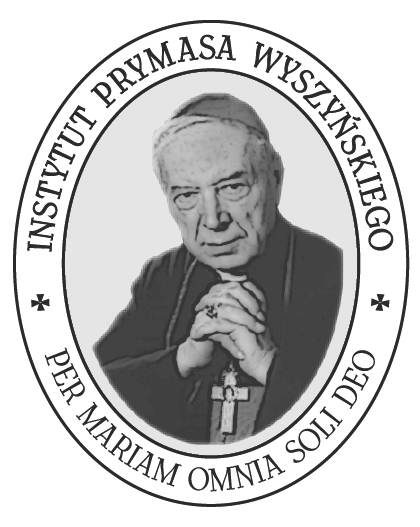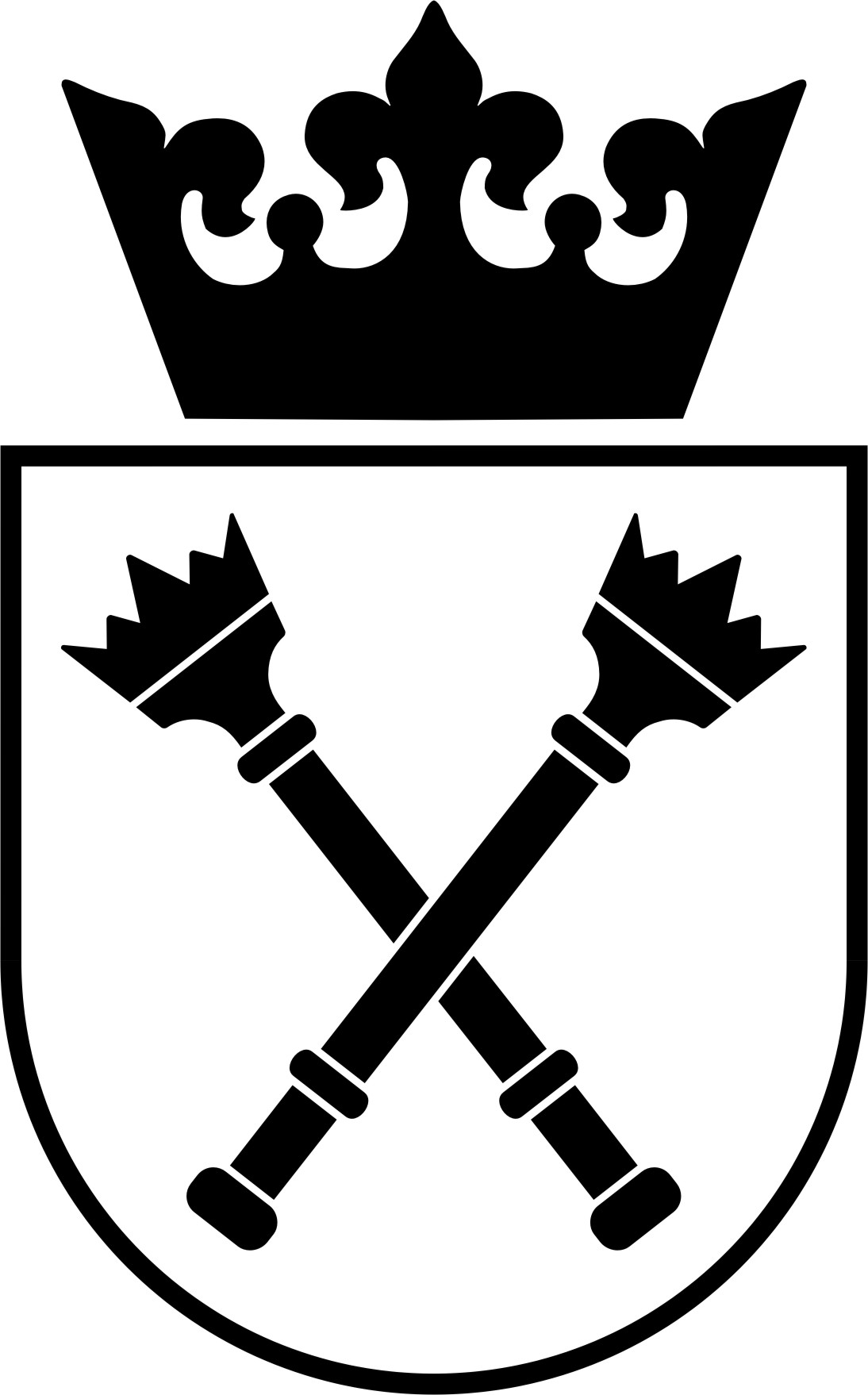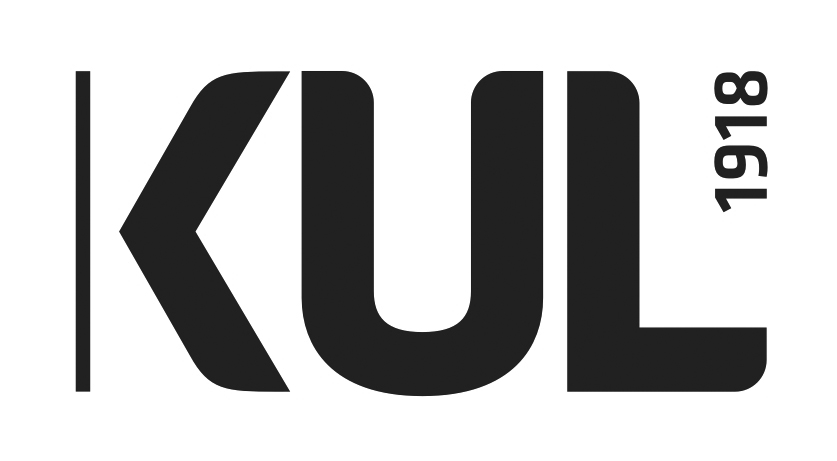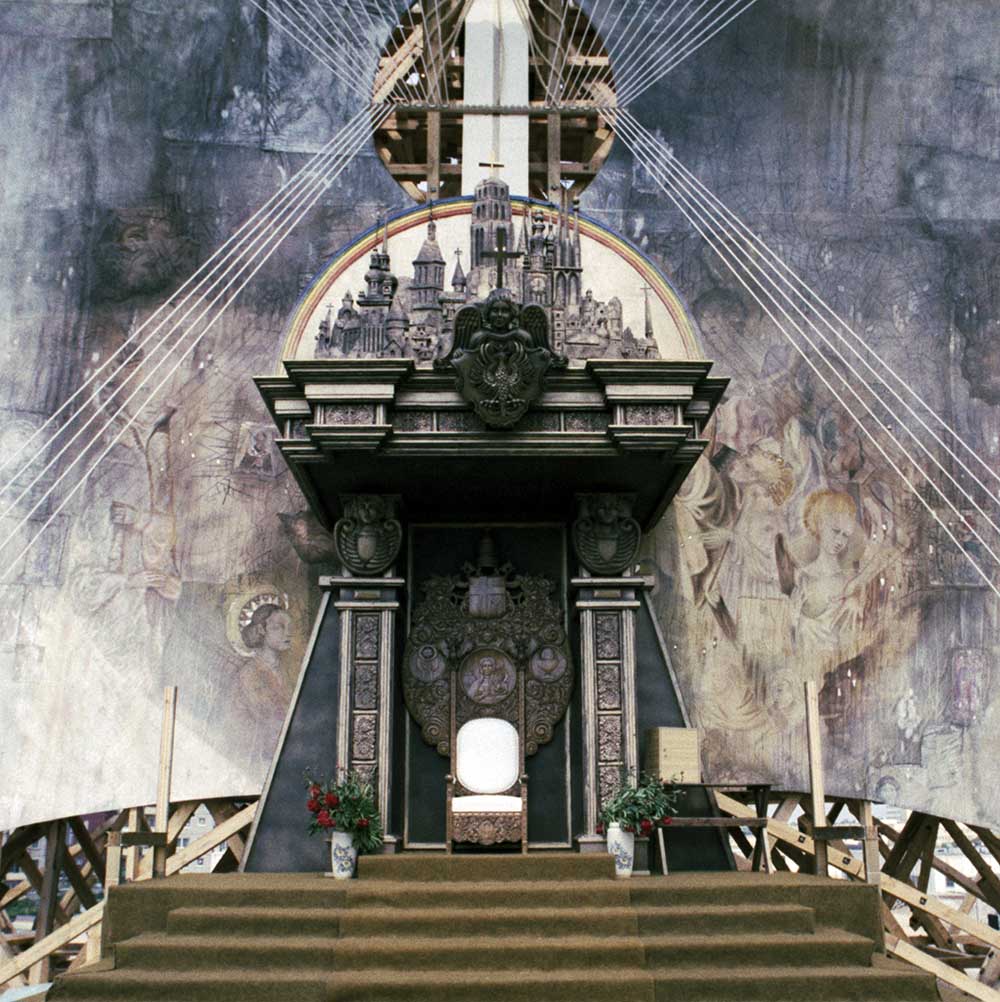There's no freedom without...
The Polish shape of freedom
“Bear one another's burdens” - this concise sentence of the Apostle is the inspiration for interpersonal and social solidarity. Solidarity - means: one and the other, and if burden - then a burden carried together, in the community. So never: one against another. Ones against others. And never a “burden” carried by a human on his or her own. Without the help of others. Fighting cannot be stronger than solidarity1. The program of fighting cannot be above the program of solidarity. Otherwise - too heavy burdens emerge. And the distribution of these burdens increases in a disproportionate way. Even worse: if we say: first “fight” - for example in the sense of class conflict - very easily the other person, or the others remain in the “social arena”, above all, as enemies. As those, who have to be fought, who have to be destroyed. Not as those with whom agreement should be sought - with whom, together, we should invent ways of “bearing burdens”. “Bear one another's burdens.”
The gate to freedom
1. Truth. Freedom does not mean arbitrariness, nor unlimited privileges. "Man's free creative forces will only develop to the full if they are based on the truth, which is given to every man as an unshakable foundation. Only then will he be able to realize himself fully and even outgrow himself. There is no freedom without truth".
2. Solidarity. Freedom is not only individual, it cannot be separated from the freedom of others. "Freedom experienced in solidarity is expressed in action for justice in the political and social fields, and directs the gaze towards the freedom of others. There is no freedom without solidarity".
3. Sacirfice. Freedom, both personal, internal and political, must sometimes be fought for. "Freedom is an extremely precious value, for which a high price must be paid. It requires generosity and readiness for sacrifice; it requires vigilance and courage in the face of internal and external forces that threaten it (...). There is no freedom without sacrifice".
4. Love. Finally, freedom is based on the spirit of love, justice and peace. "Leave the gate open by opening your hearts! There is no freedom without love". - the Pope appealed.
